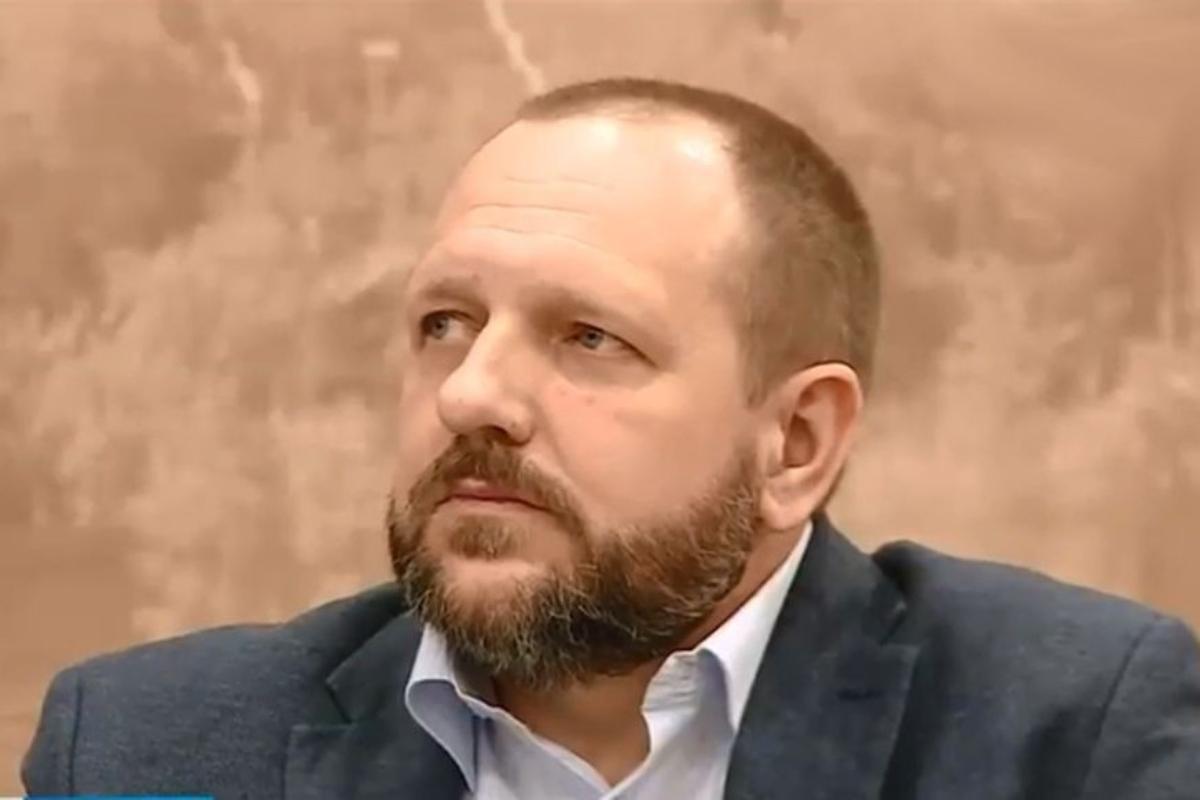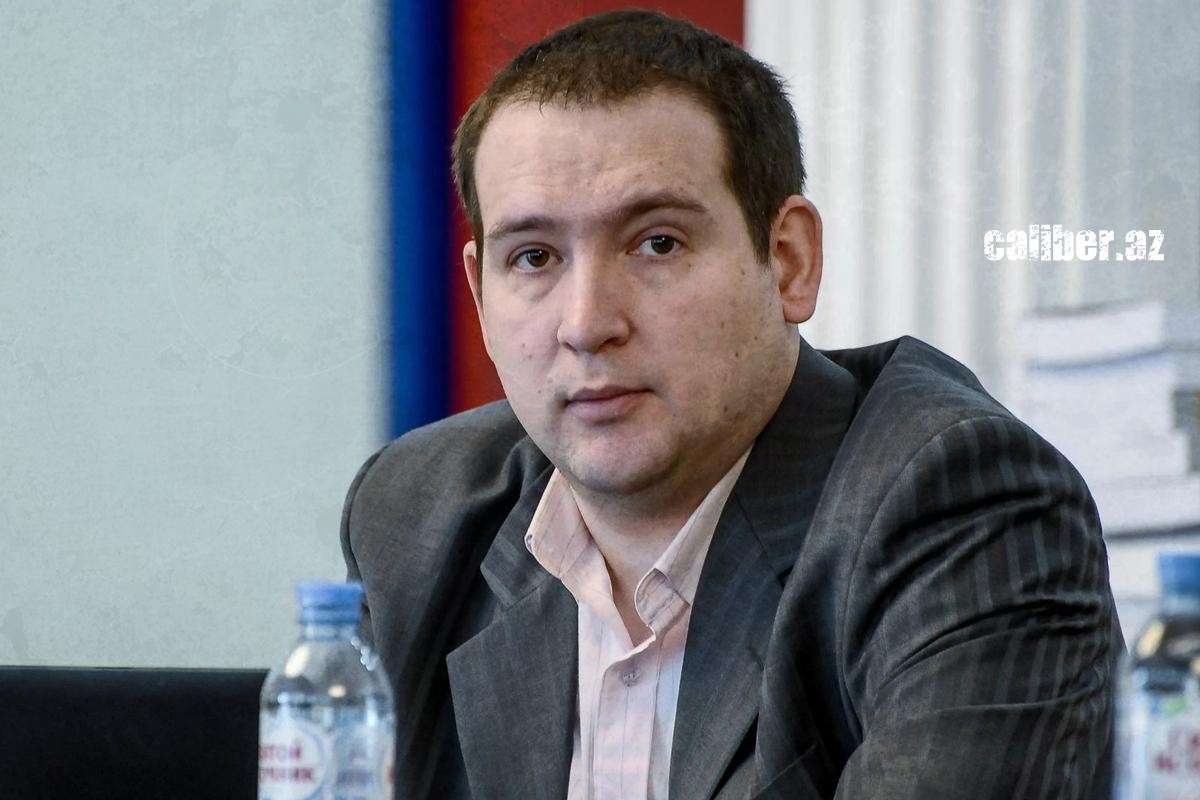Unveiling Armenia’s motives behind lawsuits at The Hague From politics to policy
The UN International Court of Justice has commenced the deliberation of lawsuits brought forth by both Armenia and Azerbaijan. Presently, the court is engaged in hearing the arguments related to preliminary objections raised by Azerbaijan against Armenia's lawsuit. These hearings are held from April 15 to April 19.
Following this phase, the court will proceed to hear the preliminary objections filed by Armenia concerning Azerbaijan's claim. These hearings are scheduled for April 22 - 26.
Baku firmly maintains its stance that the allegations leveled against it regarding purported crimes against Armenians are unfounded. The crux of the legal dispute stems from Armenia's initiation of legal proceedings against Azerbaijan in the UN International Court of Justice on September 16, 2021, under the purview of the International Convention on the Elimination of All Forms of Racial Discrimination.
Armenia's lawsuit accuses Azerbaijan of engaging in discriminatory actions against Armenians in September 2020. In response, Baku filed a counterclaim asserting that Armenia has likewise perpetrated discriminatory acts against Azerbaijanis based on their ethnic background within the region. Both parties have also petitioned for interim measures from the court to mitigate the risk of heightened tensions during the course of the proceedings. The court has partially granted these requests.
Armenia submitted new requests for interim measures to the UN International Court of Justice on September 28, 2023. The petition comprises 10 points, including a demand for Azerbaijan to refrain from any actions aimed at or affecting the displacement of the remaining ethnic Armenians from Karabakh. Azerbaijan has refuted all these accusations.
During the court proceedings, Azerbaijan's representative, Elnur Mammadov, asserted that the court lacks jurisdiction to hear the case. He argued that the charges brought by Armenia do not fall under the purview of the Convention on the Elimination of All Forms of Racial Discrimination. Furthermore, according to the Azerbaijani side, the claim is inadmissible for consideration, as Armenia has not fulfilled the mandatory condition of engaging in proper negotiations with Azerbaijan to resolve the dispute bilaterally.
What Armenia ultimately seeks to achieve by these lawsuits, by bringing its problems to international consideration? Could it be that Yerevan is only trying to create information noise through these actions? Perhaps they think that by drawing the attention of the international community to Armenia, they will be able to achieve political preferences in the form of economic and military aid more quickly?
Foreign commentators answered these questions for Caliber.Az.

Russian political scientist, head of the expert-analytical network PolitRus, Vitaly Arkov believes that the safe stay of the remaining residents of Armenian nationality in Karabakh today is an obvious proof that official Baku has not discriminated against people on the basis of nationality.
"In this regard, the recent mass exodus of the Armenian population of Karabakh to Armenia and other countries (who had the opportunity to do so) was due to completely groundless fears of the consequences of Azerbaijan regaining full control over its territory, which were artificially inflamed by Yerevan. The overwhelming majority of peaceful Armenians in Karabakh were not threatened at all. On the contrary, their quality of life would begin to improve noticeably due to the large-scale works carried out by the Azerbaijani government to restore the communal, road and social infrastructure of the Karabakh region, where in the foreseeable future life will become more comfortable than in most of the territory of Armenia," the expert said.
According to him, it is quite apparent that individuals who were directly involved in violent actions against the Azerbaijani population of Karabakh during the late 1980s and early 1990s, as well as those who committed war crimes and sabotage against the Azerbaijani Armed Forces in subsequent years, had reasons to fear repercussions.
"However, even in such cases, those deemed criminals under Azerbaijani law are subject to strict adherence to international legal standards, as evident in the treatment of detainees. This stands in stark contrast to the actions of Armenian nationalists against the Azerbaijani population, both in the occupied Karabakh region and within Armenia itself. Despite the passage of more than three decades since the bloody events occurred, these crimes remain subject to prosecution without any statute of limitations."
It can be argued that Azerbaijanis also showed cruelty towards Armenians at that time. Yes, this did happen. Without justifying the specific people who committed such acts, it is still worth paying attention to the fact that most of them were retaliatory actions. That is, first of all. And secondly, it certainly was not and still is not a part of the state policy of multinational Azerbaijan. Which is not the case with Armenia, which has become virtually a mono-ethnic country," Arkov noted.
He draws attention to the fact that all these years we have been witnessing a wolf in sheep's clothing: when for three decades official Yerevan, which has occupied Azerbaijani lands, convinces the world community that Armenia is not an aggressor at all, but an unfortunate victim.
"And it is worth recognizing: he succeeds in part with the support of "friends" in the West. At the same time, with the participation of provocateurs from France, it is again preparing for a war of revenge. And now, in order to avoid the need to implement the decisions of international institutions on recognizing the genocide of the Azerbaijani population, official Yerevan is trying to prevent the adoption of such decisions. Both through its influential patrons in the European Union and the United States, and trying to slow down the process through the introduction of counterclaims with a distorted interpretation of the tragic events, and even outright falsified "irrefutable facts"," Arkov added.

Russian political analyst Mikhail Neizhmakov thinks that Armenia's appeals to the UN International Court of Justice (both in 2021 and 2023) are consistent with both domestic and foreign policy goals of Nikol Pashinyan.
"In terms of domestic political objectives - it was important for the Armenian Prime Minister to demonstrate to the public that he is not inactive, while focusing on promoting Yerevan's interests on international platforms rather than making concessions. The end of September 2023 is the period of a sharp surge of protest activity inside Armenia against the background of the mass exodus of ethnic Armenians from Karabakh.
In September 2021 and a little earlier, the domestic political situation was much less dangerous for Nikol Pashinyan, but nevertheless - as early as in the summer of 2021, the media space of Armenia was actively discussing versions of possible non-public negotiations between Yerevan and Baku, on the margins of which concessions to the Azerbaijani side were possible. Under certain circumstances, this could become an additional factor of a new upsurge of protest activity in the country. It was not without reason that Ishkhan Saghatelyan, a member of the National Assembly from the opposition "Armenia" faction (at that time - deputy speaker of the Parliament) announced the possible resumption of street protests, stating that "the statehood of Armenia is under threat". In both cases, an alternative agenda was important for Nikol Pashinyan's team to at least keep the audience loyal to the authorities energized," Neizhmakov underlined.
In his opinion, in terms of foreign policy objectives - the promotion of these lawsuits, among other things, may be related to the intention to strengthen Yerevan's negotiating positions.
"In March 2024, Nikol Pashinyan mentioned that Armenia's lawsuits against Azerbaijan could be withdrawn "if we see that it ensures a stable and lasting peace." This can also be understood as a hint that the issue of the fate of these lawsuits may be one of the subjects for negotiations.
Finally, in politics, active engagement often enhances the likelihood of garnering support and rallying allies. However, the South Caucasus region, including the ongoing Baku-Yerevan dispute at the UN International Criminal Court, typically does not command the same level of public attention in Western countries. This is especially true given the prevalence of more high-profile issues such as the Russian-Ukrainian conflict and tensions in the Greater Middle East.
As a result, news items pertaining to the Baku-Yerevan dispute are likely to be perceived as background noise by the Western audience. Nonetheless, this underscores the importance for Yerevan to continually remind foreign partners, particularly politicians inclined to support Armenia, of their interests in the region. This proactive approach serves to maintain awareness and engagement among key stakeholders, despite competing priorities on the global stage," Neizhmakov concluded.








